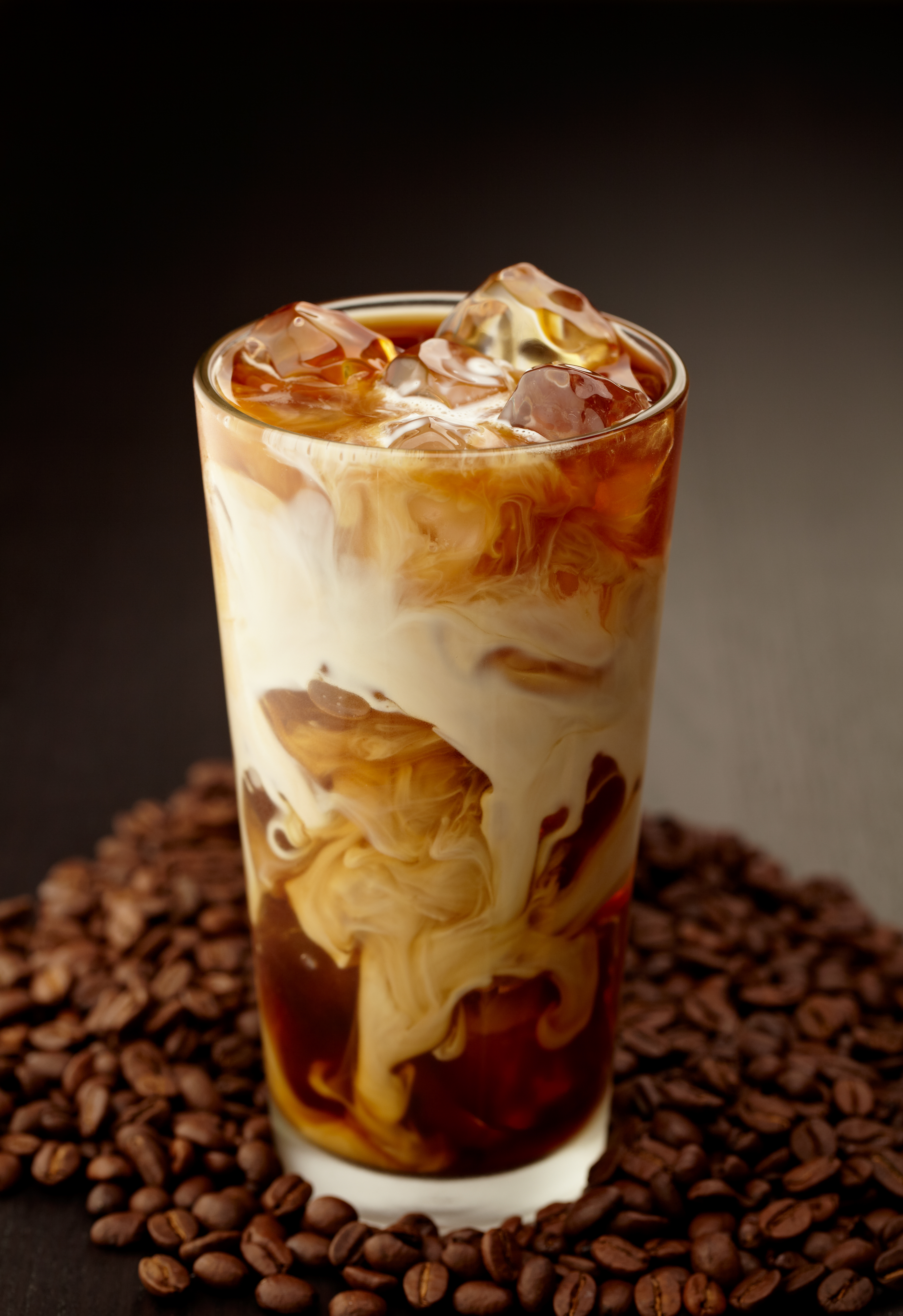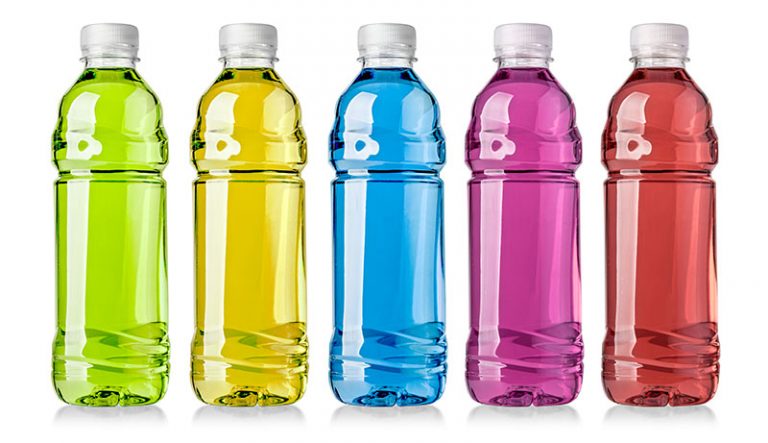
The US single serve, packaged coffee drink market has been growing at double digits for the last four years. With coffee sales rising, the industry bloomed an additional 14% in 2016 to a market size of $2.54 billion. (Yes, that’s a “B.”) Ever since Starbuck’s launched Doubleshot cans and Frappuccino bottles of serving-size coffee over a decade ago, they have dominated the market, scooping up 75% of the marketplace. Dunkin’ Donuts, a late entrant to the ready-to-drink game, has expanded its line of consumer packaged goods and launched a line of iced coffee in February to compete with the King of Coffee. Starbucks is likely to notice a score of new players going after a piece of the ready-to-drink pie: cold brewed coffees. Blended with coconut milk, brewed with coconut water or made without any added natural or artificial sweetener, these players are going after a consumer who is looking for the caffeine buzz but without the dairy, sugar, and chemicals. Or maybe they are just looking for a BPA-free package.
Organic Gemini Tigernut Horchata
Horchata, the creamy drink that dates to eighth century Spain, has a dedicated following in the US particularly among Hispanic consumers who make it with milk or rice milk. Organic Gemini takes the drink back to its roots, producing a line of TigerNut Horchata. Cultivated in Spain and west Africa, tigernuts are a type of tuber, rich in prebiotic fiber and are the historical “milk” used in horchata. Certified organic and sealed in a BPA-free bottle, Coffee flavor horchata is made with fair trade Peruvian coffee beans, cold brewed with biodynamic water to which maple syrup is added. It’s creamy, it’s sweet and the cold brew process reduces the acidity of the final product. Add a pop of nutritive value and an equivalent amount of caffeine as a regular cup of coffee and you begin to understand how coffee becomes something more than energy. It’s fuel.
Wonderfuel Coconut Oil MCT Superdrink
Speaking of fuel, Wonderfuel embraces the superfood status of coconut in its Coconut Oil MCT Superdrink. Organic and non-GMO, Wonderfuel’s Coffee flavor is made with fair trade, cold brewed coffee and 7 grams of coconut oil MCTs (medium-chain triglycerides), cinnamon and no added sugar. Wonderfuel is fuel. MCTs are used in medicine to treat food absorption disorders (I see you, celiac disease) and are used by athletes to decrease body fat and increase lean muscle mass. If you have not already embraced coconut oil and coconut milk as alternatives to dairy, this version of ready-to-drink coffee may tip you into the plant-based beverage column.
Pop & Bottle Cold Brew Coffee
Made without emulsifiers (like soy lecithin or carrageenan) and with certified organic almond milk, Cold Brew Coffee from Pop & Bottle also commits to a high level of almond milk – 20% in each bottle – killing the industry standard of 2-3%. Yes, organic almonds are more expensive but all that extra “milk” comes through in the taste. It’s fresh. It’s clean. And there is a rich sweetness from Medjool dates. The West Coast company paired with San Francisco-based Ritual Coffee for its beans. Since Pop & Bottle’s brews are more perishable than others (shelf life is 2-3 weeks, according to their website), the company only ships to western states, this partnership may guarantee the same rabid following that Ritual Roasters enjoys. For a highly perishable product, that is key.
Beach Beverages Beach Coffee
Coconut is also a feature ingredient in Beach Coffee. Here, the coffee is cold brewed with coconut water. “We do this because it makes Beach Coffee/Tea slight sweet and silky smooth without any added sugar or milk,” says Josh Horsely of Beach Beverages. And it has the nutrient benefits of coconut water – it’s rich in electrolytes like potassium and magnesium. Lighter in color and translucent, similar to a brewed tea, Beach Coffee has a smooth character, a mere 45 calories, and as much caffeine as a regular cup of joe.
It is unlikely that any of these companies can catch Starbucks dominance of the single serve, packaged coffee drinks market in the near term but the on-going embrace by the American consumer of coffee in portion-sized bottles is not slowing. As soy milk and almond milk now have a place next to the whole milk and Sweet-n-Low in coffee shops around the country, room for vegan, plant-based, ready-to-drink coffees will find their place in the cold case. Don’t say I didn’t warn you.




